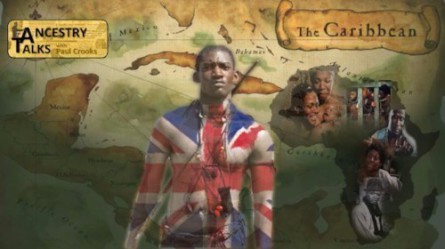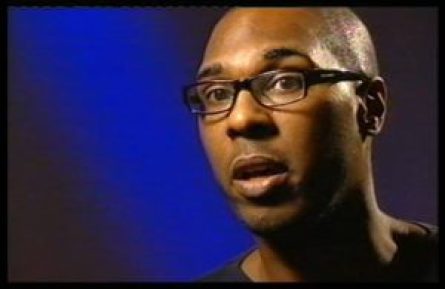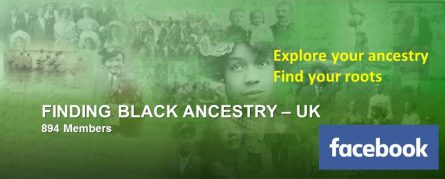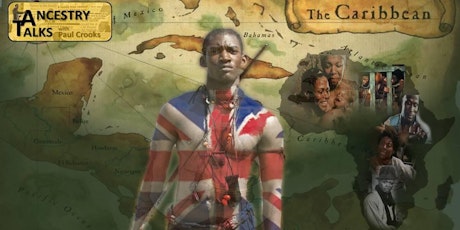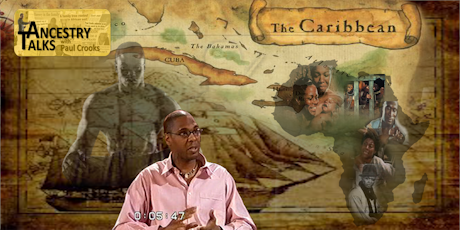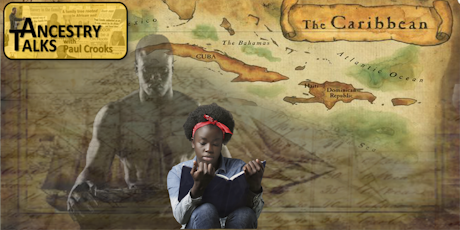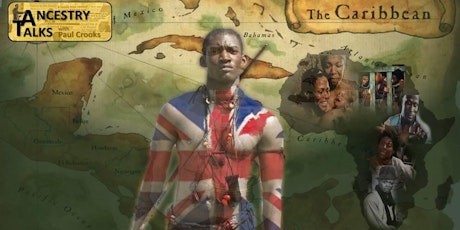Finding Black Ancestry
Although slavery in the British Caribbean officially ended on 1 August 1834, most former slaves were apprenticed to their former masters for a period of four years. Only children under the age of six, and slaves in Antigua and the Bahamas (who had passed local laws abolishing apprenticeship) were freed immediately. Therefore, for most people, slavery did not officially end until 1 August 1838.
To research African-Caribbean people who were freed before and after emancipation, the usual sources such as church registers, employment records, poor law records and wills, etc. can be used - most of which will be held in Caribbean archives and libraries, although copies are sometimes available in the UK. General guidance on building family trees is available at Family History.
Using these sources it is often possible for people to trace their families back to the 1840s. Going back earlier into the period of slavery is more challenging because African-Caribbeans were viewed as property, so the name of at least one owner is very useful to narrow down the options for your particular ancestor.
Paul Crooks Talks
Contact - Paul Crooks
|

